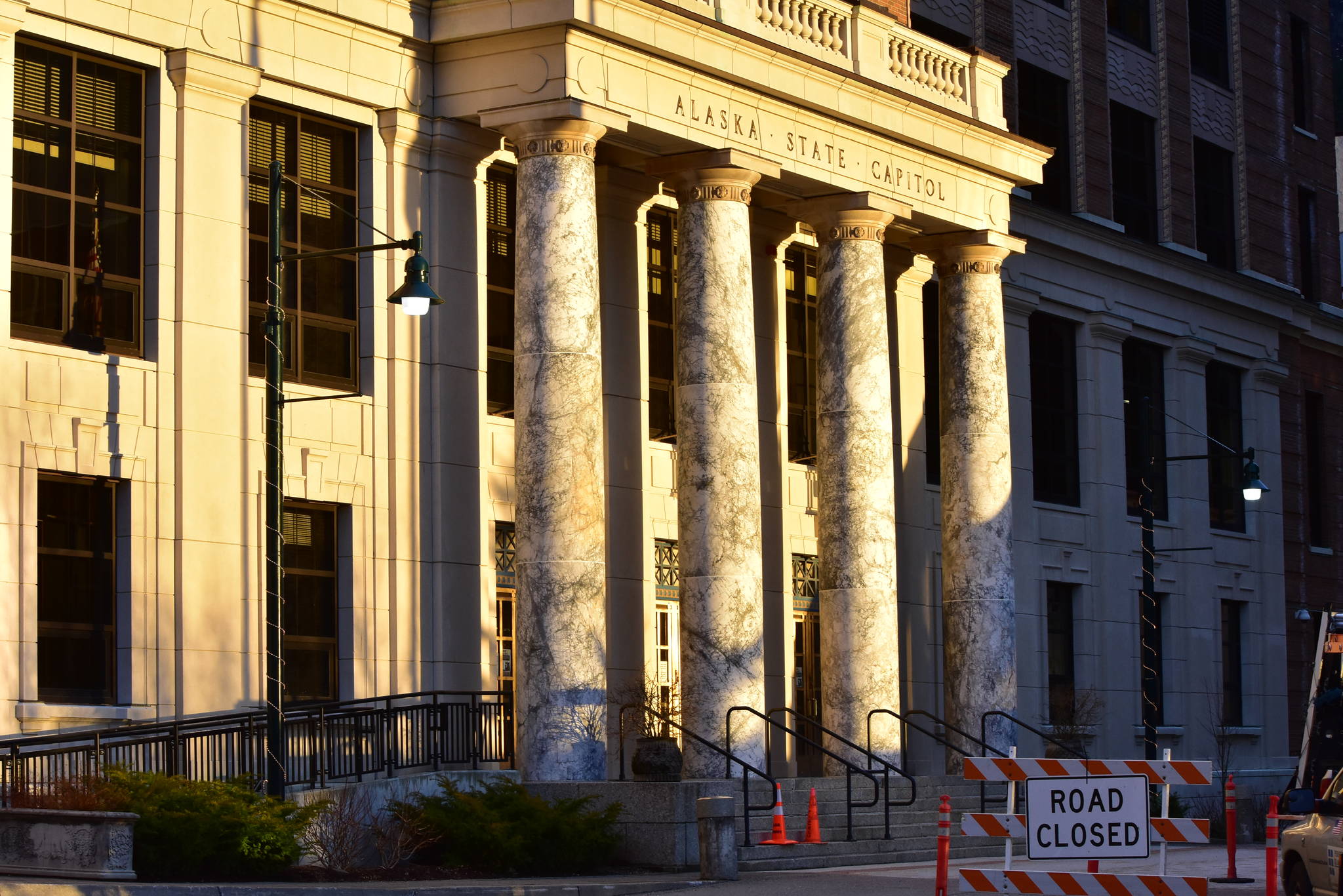By Janet McCabe
Alaska Legislators can make or break Alaska’s fiscal future. On May 8, 2018, when legislators pulled together to adopt SB26, Alaska’s Percent of Market Value endowment system, they gave the state a stable source of revenue that was just in time to replace steep declines in petroleum revenue. The public was reassured, and the Legislature’s positive step was reflected in improvements in national bond ratings.
This year POMV yielded $3.7 billion or about 70% of the state’s spendable revenue. It is expected to produce a similar stream of revenue in the future — provided the spending limits of the law are followed.
People often have trouble understanding how important it is to avoid POMV overdraw. Jennifer Johnson, former state representative, provided a memorable example. She said POMV turned the Alaska Permanent Fund into “a perpetual self-licking ice cream cone.” Conversely, overspending would make the ice cream cone melt and eventually disappear.
Today, POMV and consequently Alaska’s fiscal future are threatened by ongoing legislative debate over the size of the dividend.
To reach a solid and lasting solution to the dividend issue, it is essential that legislators recognize: One, that public services are necessary to life in a community, and two, that because of Alaska’s sheer size and the vast distances that separate communities, public services will always be very costly in our state.
Legislators recognized the high cost of public services in Alaska at the time of statehood when they approved a hefty state income tax. They did so in 1984 when they established the Power Cost Equalization endowment, and in 2018 when they adopted the POMV endowment system. And they need to do so now to protect POMV and provide statutory permanence for a moderate and affordable annual dividend.
Seeking budgetary solutions, the Legislature has already cut public services to the bone. In the future, all POMV revenue will be required for public services, so a statutory split of POMV is not a realistic source of dividend revenue.
Since many Alaskans see the dividend as their share of Alaska’s oil wealth, a statute dedicating an ongoing share of oil income to the dividend may be feasible.
It is encouraging that Gov. Mike Dunleavy and legislators on both sides of the aisle support state bonding for infrastructure projects. Improvements to the ferry system, roads, airports, bridges and the like would address deferred maintenance and a backlog of needed capital improvements throughout Alaska.
In the process, new jobs would be created and Alaska’s economy reinvigorated. Optimally, projects that have been identified and designed by the state would be “shovel-ready” when and if the federal Build Back Better plan passes.
But, to ensure economic stability and prosperity as a lasting solution to Alaska’s fiscal crisis, the Legislature will need to consider taxes. Since it will take a year and a half for revenues to be available, they need to enact a bill this session.
As a source of additional revenue, a state sales tax has been given the most consideration. But a statewide sales tax would be particularly hard on rural Alaskans where prices are high, and cash is scarce. It would be on top of municipal sales taxes in many locations.
By standards of fairness, the clear winner is a progressive income tax like the one that supported our state in the early days. Only those who can well afford to pay would be taxed. Taxing income earned in Alaska by outside residents is also fair. Alaska residents pay taxes to other states where they earn income, but currently this is a one-way street.
By buckling down and truly collaborating, the 32nd Alaska State Legislature could take steps that will launch Alaska on a stable and prosperous fiscal future.
Janet McCabe is a graduate of Harvard’s Kennedy School of Government. She and her husband, David, have lived in Anchorage since 1964.

